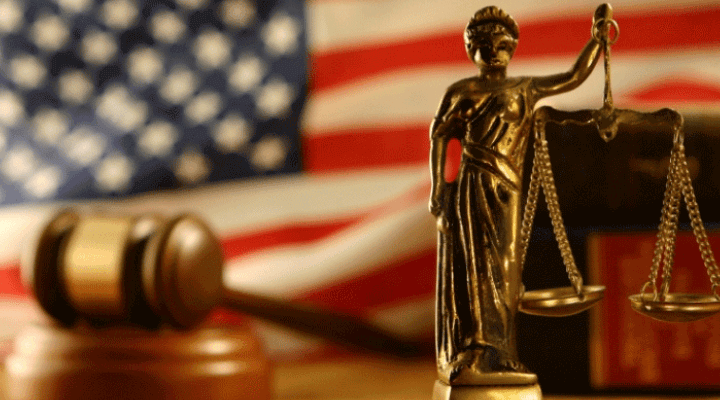When I suggested last week that the decision not to prosecute Hillary Clinton could be used by attorneys in defending their own clients, the reaction from my colleagues in the legal community was swift and largely uniform.
Former U.S. Attorney General Michael Mukasey, my co-panelist at a Friday discussion hosted by The James Wilson Institute, replied that judges would likely dismiss such arguments in interpreting the classified information protection statutes.
Distinguished legal commentator Andrew McCarthy, my other co-panelist, added that the body of American case law on selective prosecution is narrow and that it would be a difficult task to leverage the details of the Clinton case – much of which remains classified – in favor of a defendant charged with mishandling classified information.
And the Defense Office of Hearings and Appeals (DOHA), the Defense Department’s adjudicator for security clearance denial and revocation cases, issued this timely decision in response to a pro se appellant who seemingly referenced the Clinton case in his own defense:
“Much of Applicant’s brief consists of matters from outside the record,
including information about persons and events in the news. We cannot
consider new evidence on appeal. Directive ¶ E3.1.29. In any event, each
case must be decided upon its own merits. Directive, Enclosure 2 ¶ 2(b).”
I certainly give deference to Judge Mukasey and Mr. McCarthy, both titans in the field of criminal law. A selective prosecution argument in any criminal case is risky, even though defendants like Navy Petty Officer Kristian Saucier are already attempting it.
But as I pointed out, my commentary, and the fallout from Director Comey’s decision not to recommend prosecution of Mrs. Clinton, was not limited to the realm of criminal law. An equally pressing national security concern is the matter of security clearance denial cases – which, to be clear, are only marginally impacted by the recent DOHA decision.
To understand the impact of Mrs. Clinton’s case in the security clearance world, consider this:
In criminal cases, juries render verdicts with guidance on the law or limiting instructions from a judge. If a party to the case makes a superfluous argument the judge can dispose of it in a motion hearing or direct that the jury not consider it in reaching their decision.
Yet as much as a judge may direct a jury to conform its decision to the law, there is nothing that legally prohibits the jury from disregarding instructions. If the law, as written or as applied, offends a jury’s sense of justice, they can simply ignore it through a long-standing principle called jury nullification.
And so it goes in security clearance cases, too.
DOHA is unique among federal agencies in that Administrative Judges decide security clearance cases both at the trial and appeal stages. Decisions are published and strictly follow precedent, rendering them objective but also devoid of the kind of layperson views that inform juries. At other federal agencies, we argue our clients’ cases before secretive panels of non-attorney employees chosen primarily from outside the security field, as required by Executive Order. Although an agency attorney may be present to provide countervailing arguments, there is no judge, no published decision, and no requirement of adherence to precedent. In other words, there is absolutely no accountability – much like a jury – and panel members are far more likely to be swayed by emotion or an inherent sense of justice than would a judge focused squarely on the National Adjudicative Guidelines for security clearances and precedent. Decisions of the panels cannot be appealed in court. With our clients’ careers and livelihood on the line, the stakes are incredibly high.
I do not purport to speak for the entire national security community. Nonetheless, numerous private conversations with clients and security officials have made it evident that there is considerable anger simmering beneath the surface regarding the Clinton email debacle. That anger will only increase in the event that Mrs. Clinton wins the election and grants security clearances for key Administration posts to those who were complicit in the email scheme, as she no doubt would. In such a scenario, it would be incredible to believe that the lens through which security clearance appeal panels view other cases would not be colored by the Clinton precedent. After all, there is nothing that infuriates a jury more than the appearance of injustice.




